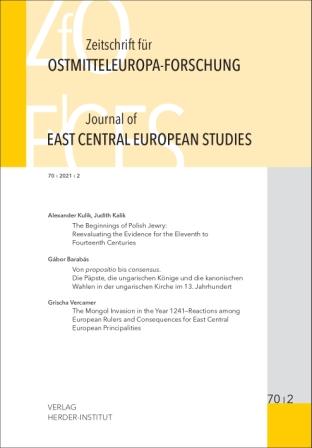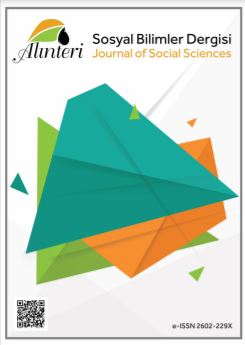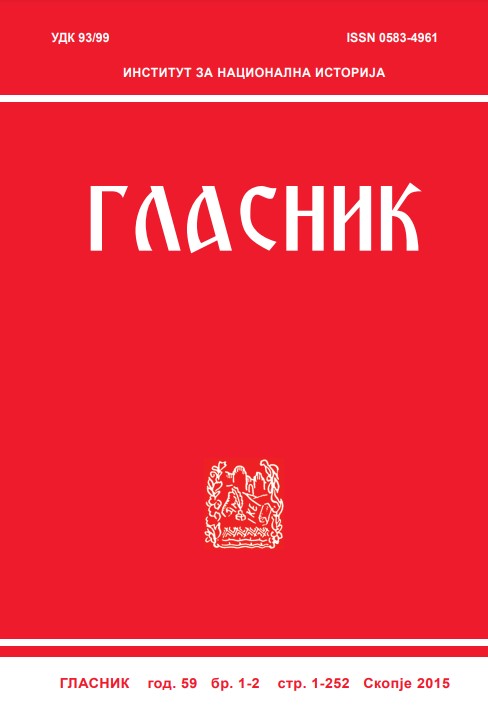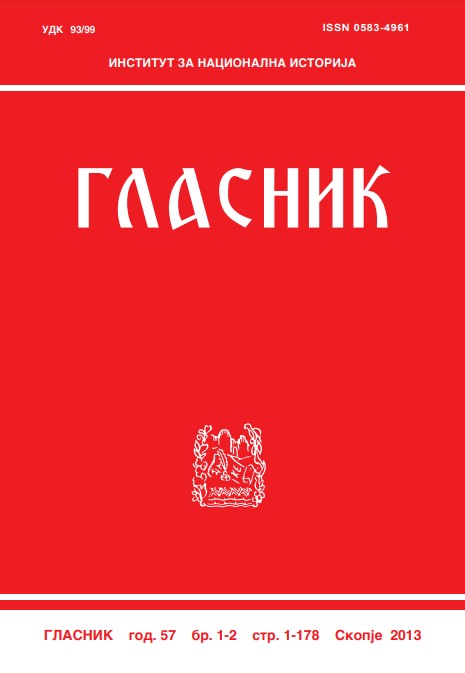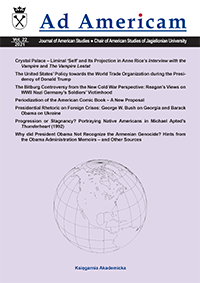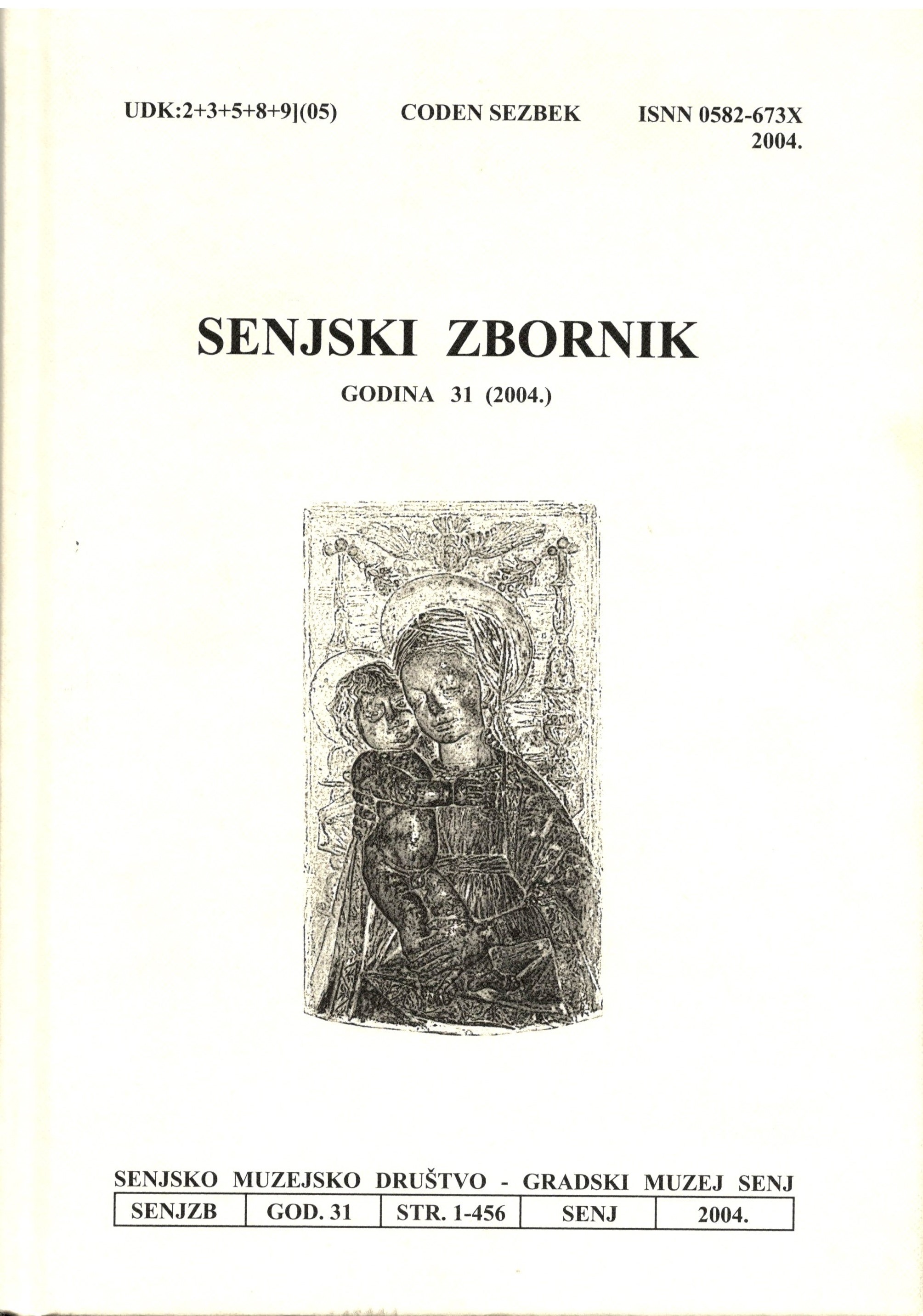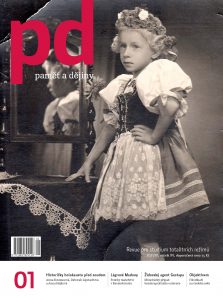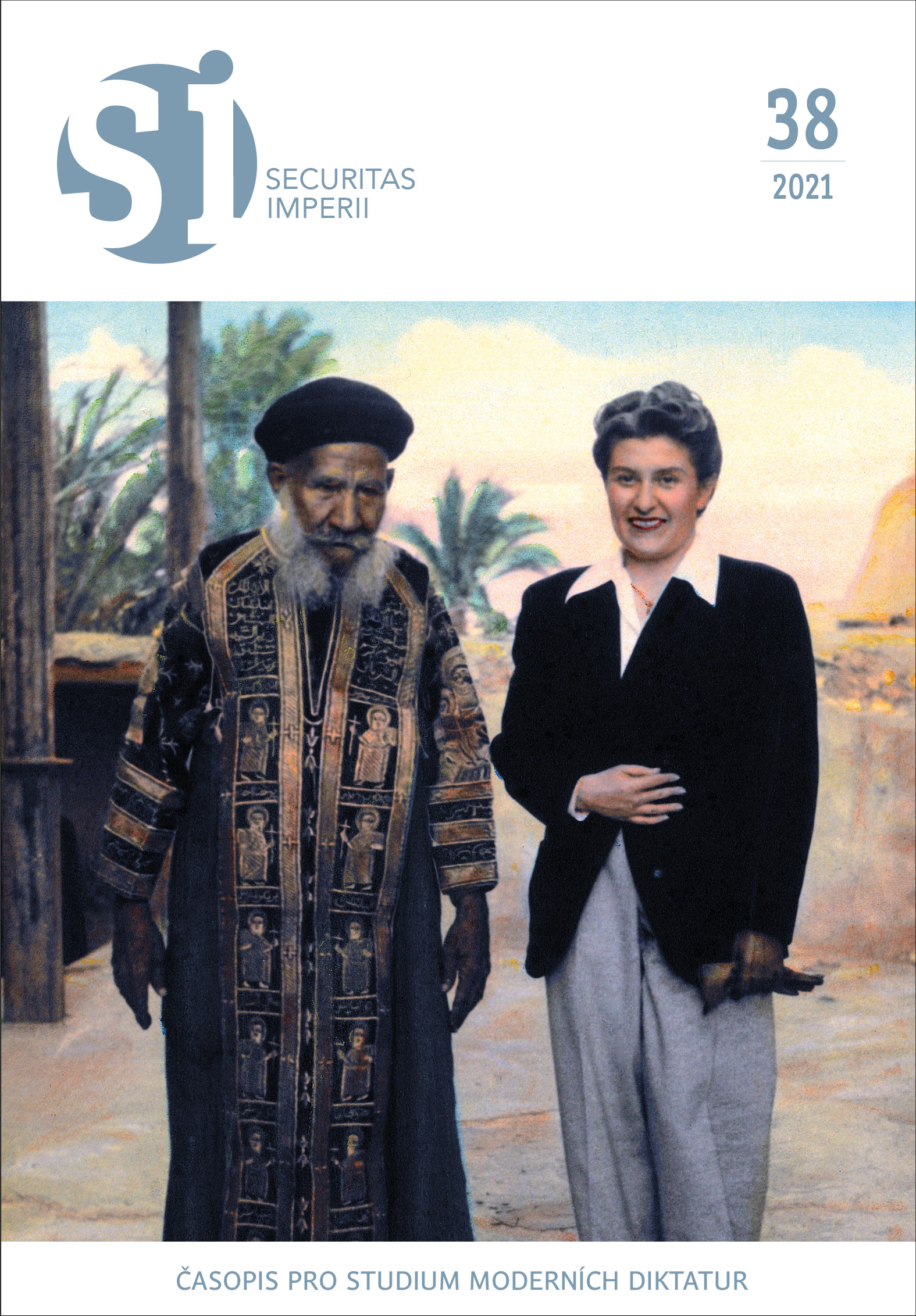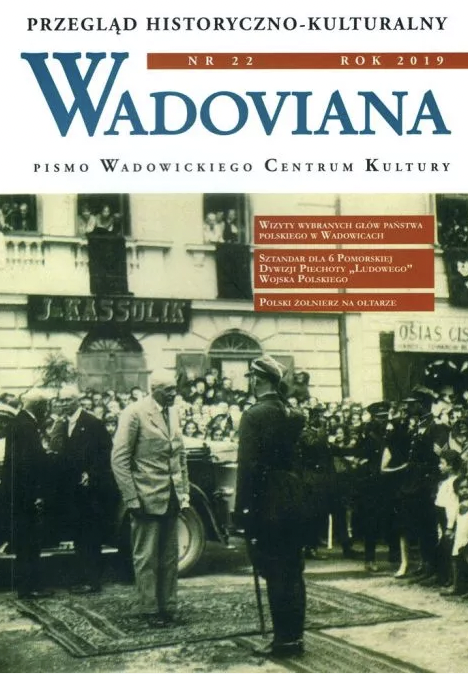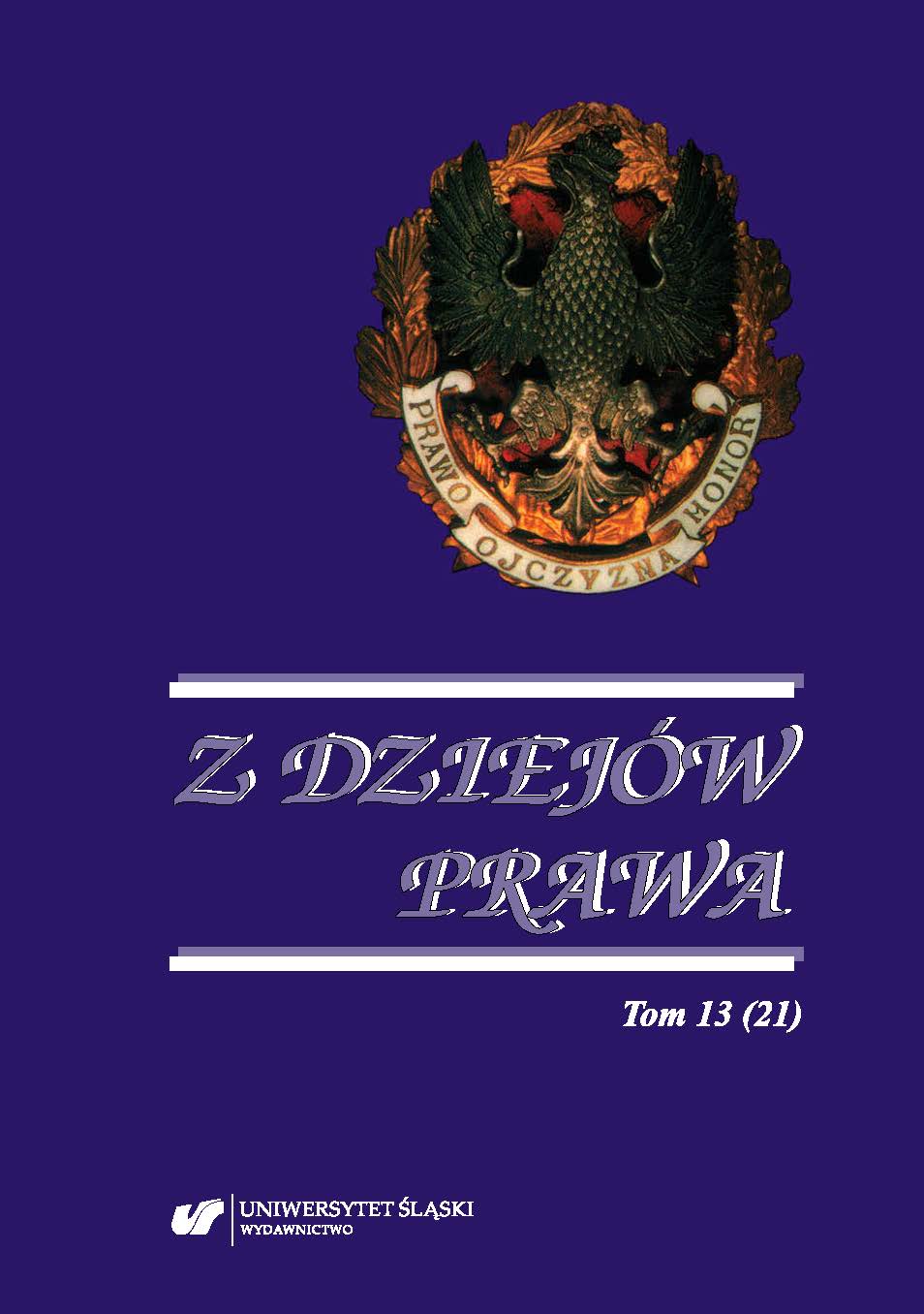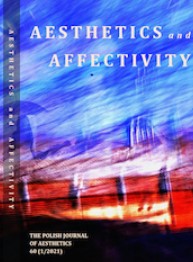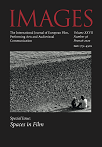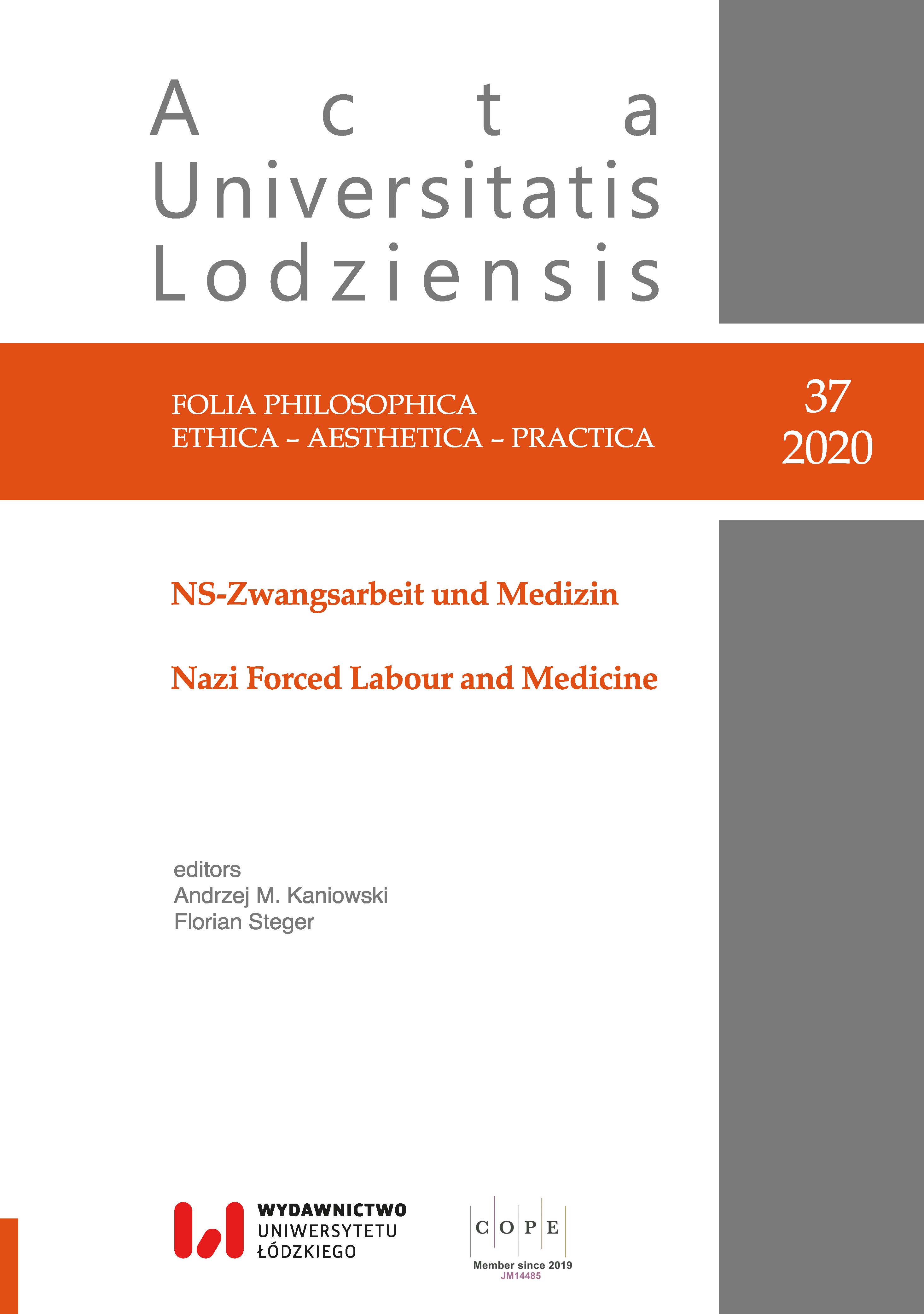
Staat, Recht, Zwang
Forced labor is a perversion of the law, an activity to which one is forced, to which one is not freely obliged, and for which there is no legal basis. Of course, laws can be passed that regulate forced labor. But such laws turn out to be an injustice, if one reflects on them. Therefore, I will first outline the subject of the article, the forced labor of foreigners under National Socialism. Then I will discuss the principle of forced labor, the “disenfranchisement”, then its implementation. Finally, I will deal with the relationship between law and morality.Forced labor is a perversion of the law, an activity to which one is forced, to which one is not freely obliged, and for which there is no legal basis. Of course, laws can be passed that regulate forced labor. But such laws turn out to be an injustice, if one reflects on them. Therefore, I will first outline the subject of the article, the forced labor of foreigners under National Socialism. Then I will discuss the principle of forced labor, the “disenfranchisement”, then its implementation. Finally, I will deal with the relationship between law and morality.
More...
